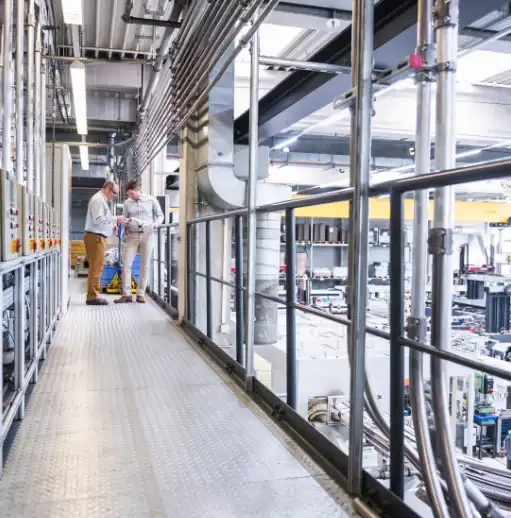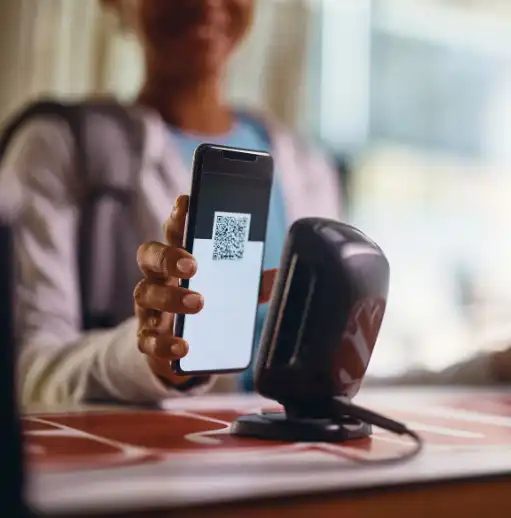In episode 364, host Mike Petrusky speaks with Philip Ross, founder and CEO of UnGroup. Phillip is an author, advisor, speaker, futurist, and commentator on the new world of work. Mike asks him about the upcoming WORKTECH New York conference and why embracing technology and continuous innovation is essential for workplace leaders who want to stay ahead in our rapidly evolving industry. They talk about how AI is becoming a conversational technology that will significantly impact workplace dynamics, while data is being gathered so workplace experiences can be measured and optimized to remove friction and create memorable moments. Philip says that the post-COVID workplace is seeing a trend towards “espresso offices” where spaces are more compact and utilized more intensely, and he believes the intersection of music, art, and workplace design offers a rich analogy for diverse and innovative approaches to work.
Agenda
- Exploration of current workplace trends, particularly the role of AI in shaping workplace experiences
- Insights from Phillip’s recent travels and work, including his observations on the Australian and New Zealand markets
- Advice for facility management and corporate real estate leaders who want to be workplace innovators
What you need to know: Workplace takeaways
Takeaway 1: Creating a culture of continuous innovation is crucial for workplace leaders to stay ahead in the rapidly changing landscape
As the world of real estate continues to collide with technology at an unprecedented pace, “the first piece of advice is to have a joined-up vision, a coalition for change, and to embrace your technology colleagues,” says Philip. “Create a culture where you are constantly experimenting.” It’s an approach that means more than just waiting for formal projects. Teams should be actively engaged in ongoing experimentation and improvement.
Philip points to the some of the work being done with Google in New York, saying, “We’re going to do a fantastic event with Google in Pier 57 for a really interesting invited audience, and part of that will be to discuss Google’s AI roadmap and a new product they’re going to launch called Beam, which is holographic video conferencing that you would not believe how incredible it is.”
Takeaway 2: The integration of AI in workplaces will significantly reshape employee experiences and collaboration
“I think the impact of AI in the workplace will be extraordinary, and that’s really dominating a lot of my thoughts and thinking as I also research my next book,” Phillip explains.
One of his focuses is the conversational nature of AI. “As we’re having a conversation now, we will be talking to our agentic agents and our AI experts in a very similar fashion.”
Another is the potential for AI to provide insights and shape behaviors. “AI will then use data to provide not just insights, but suggestions and nudges that might shape different behaviors. For example, look at what we’ve done on Zoom, who we’ve been on video calls with, measure a collaboration coefficient, suggest who we should sit with based on some of that data.”
Takeaway 3: The Australian and New Zealand markets are leading in workplace innovation, offering valuable lessons for global organizations
“Workplace in Australia and New Zealand is really cutting edge. We’re seeing some of the most exciting new trends in the workplace still coming out of that part of the world,” he says.
Philip provides examples of these innovations, saying, “We talked about things like the espresso office, a place that’s stronger and more intense, and, and we’ve seen companies reducing their space and making the workplace sweat and work harder for them, achieving a better office while also seeing a huge cost savings.”
Workplace management insights
- The Australian and New Zealand markets are ahead in workplace innovation, with trends and ideas often filtering to Europe and North America.
- AI is becoming a conversational technology that could significantly impact workplace collaboration and experiences.
- There’s a growing focus on shaping the employee experience in the workplace, including the creation of an experience index to measure and improve it.
- New technologies like ultra-wideband are enabling location-aware workplaces, which can enhance the way people work and interact.
- The future of work won’t be one-size-fits-all. Different approaches will be needed for different situations and purposes, much like in music.
- Companies are creating more efficient and cost-effective workspaces, such as “espresso offices,” which are smaller and more intense.
Do a deep dive into more workplace insights by exploring all Workplace Innovator podcast episodes.









